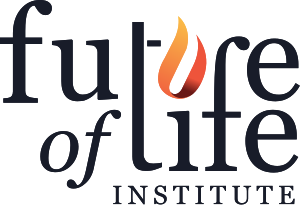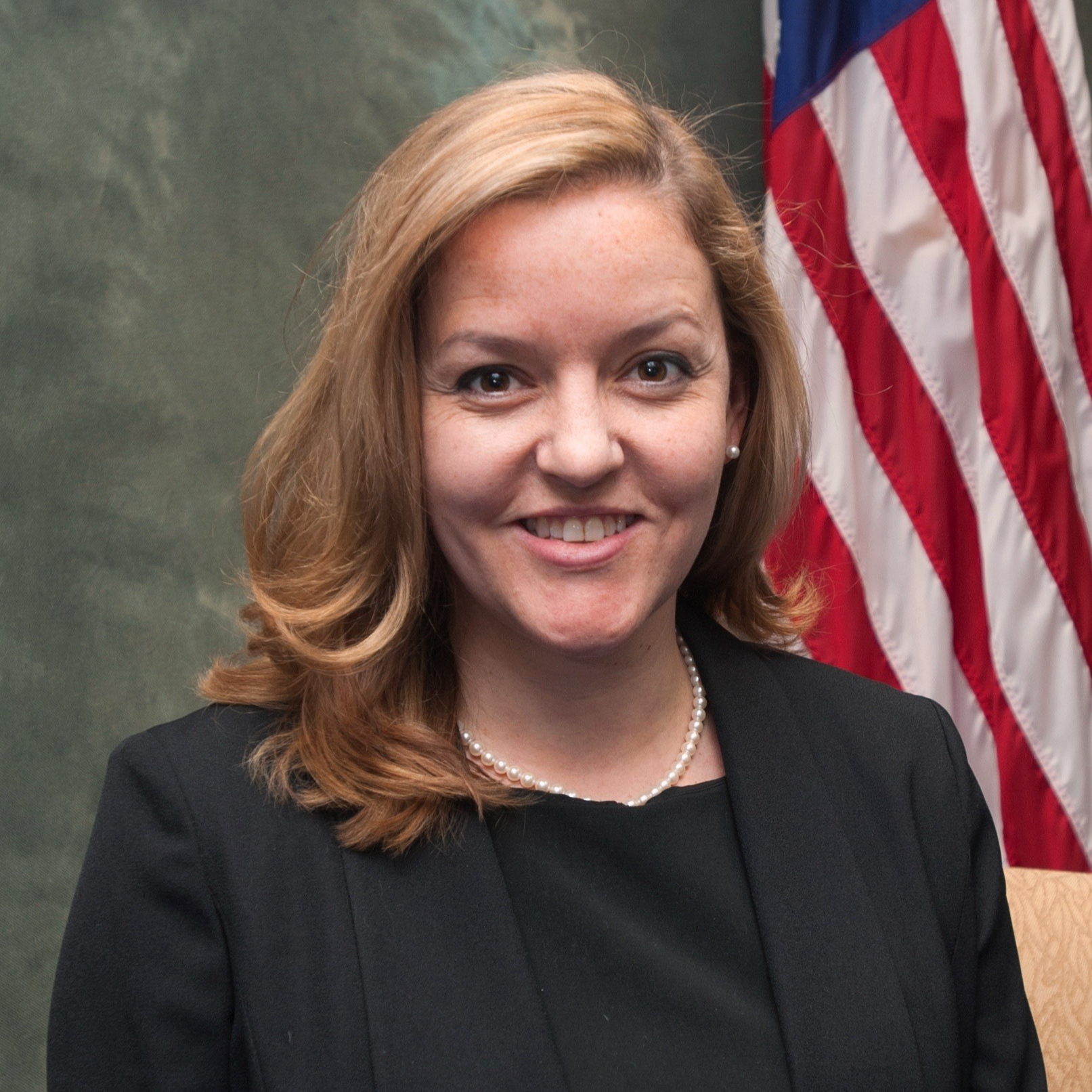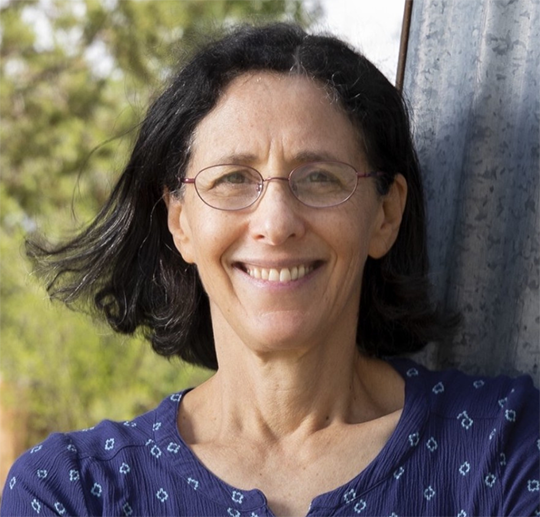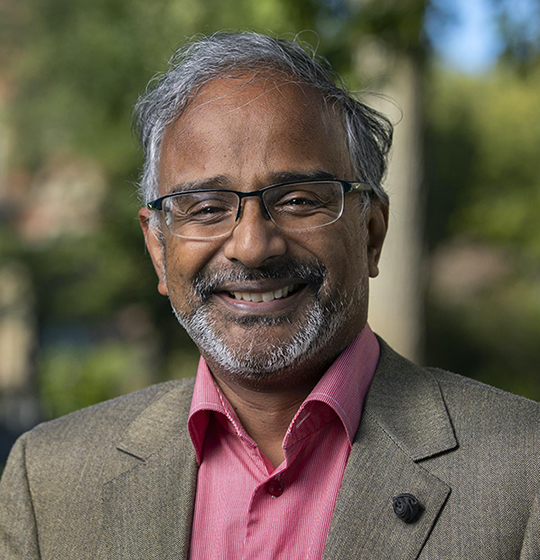Virtual Event
Your Data and Your Truth in the AI Era
Globe and circuit board. Image courtesy of Gerd Altmann / Pixabay.
The rise of social media has blurred the boundaries between fact and fiction. Viral content from unknown sources and weaponized narratives raise a troubling question: are you seeing what you want to see, or what others want you to see?
And now, artificial intelligence has entered the chat. Perfectly articulated fake stories, “intelligent” chat bots, and focused-ads that will adapt to your changing perspectives are the emerging results of decades of marketing and surveillance data that large corporations – and many nations – have on most citizens.
There are countless ways that AI could help us better understand the world and benefit individuals and society. But it also introduces new and powerful tools for financial, partisan, or geopolitical misuse.
As AI tools proliferate and start to process large quantities of data on individuals, are the insights it draws correct? What risks can intentional disruptors of AI capitalize on, and what guardrails can governments and the private sector prioritize?
Ultimately, can AI safeguard truth, or will it diminish it further?
This event was produced with support from the Future of Life Institute.


Speakers

Alexandra Bell is the president and CEO of the Bulletin of the Atomic Scientists. Prior to this, Bell served as the Deputy Assistant Secretary for Nuclear Affairs in the Bureau of Arms Control, Deterrence, and Stability (ADS) at the U.S. Department of State. From 2017 to 2021, she was the Senior Policy Director at the Center for Arms Control and Non-Proliferation and the Council for a Livable World. Previously, Bell served as a Senior Advisor in the Office of the Under Secretary of State for Arms Control and International Security and as an Advisor in ADS, then named the Bureau of Arms Control, Verification and Compliance. She also worked on nuclear policy issues at the Ploughshares Fund and the Center for American Progress. She received a Master’s degree in International Affairs from the New School, and a Bachelor’s degree in Peace, War and Defense from the University of North Carolina at Chapel Hill.

Michael Chertoff is Co-Founder and Executive Chairman of the Chertoff Group, a global security risk management and growth advisory firm. Prior to this he was the U.S. Department of Homeland Security Secretary from 2005-2009. Earlier, he supervised the investigation into the 9/11 attacks at the U.S. Department of Justice, following his time as a Federal prosecutor in New York. He currently serves as an advisor to the American Bar Association’s Artificial Intelligence Task Force and as co-chair of the Transatlantic Commission on Election Integrity. He is also the author of Exploding Data: Reclaiming Our Cyber Security in the Digital Age. Chertoff graduated magna cum laude from Harvard College and Harvard Law School.

Melanie Mitchell is a Professor at the Santa Fe Institute and a member of the Bulletin’s Science and Security Board. Her recent research focuses on conceptual abstraction and analogy-making in humans and in artificial intelligence systems. She has held faculty or research positions at the University of Michigan, the Santa Fe Institute, Los Alamos National Laboratory, the Oregon Graduate Institute, and Portland State University. Mitchell is the author or editor of six books and over 100 scholarly papers in the fields of artificial intelligence, cognitive science, and complex systems. Her 2009 book Complexity: A Guided Tour (Oxford University Press) won the 2010 Phi Beta Kappa Science Book Award, and her 2019 book Artificial Intelligence: A Guide for Thinking Humans (Farrar, Straus, and Giroux) was shortlisted for the 2023 Cosmos Prize for Scientific Writing. She received a PhD in Computer Science from the University of Michigan in 1990.

Suresh Venkatasubramanian is a Professor of Computer Science and Data Science and directs the Center for Technological Responsibility, Reimagination, and Redesign (CNTR) with the Data Science Institute at Brown University. His current research interests lie in algorithmic fairness, and more generally the impact of automated decision-making systems in society. Venkatasubramanian recently served as Assistant Director for Science and Justice in the White House Office of Science and Technology Policy where he helped co-author the Blueprint for an AI Bill of Rights. His research on algorithmic fairness has received press coverage in outlets including NPR’s Science Friday, NBC, and CNN. He was recently named by Fast Company to their AI20 list of thinkers shaping the world of generative AI. He received his BTech from the Indian Institute of Technology Kanpur and his PhD from Stanford University.
COPYRIGHT © 2025 BULLETIN OF THE ATOMIC SCIENTISTS. ALL RIGHTS RESERVED. | TERMS OF USE | PRIVACY POLICY
PO BOX 15461, CHICAGO, IL 60615 | 773.834.3779
